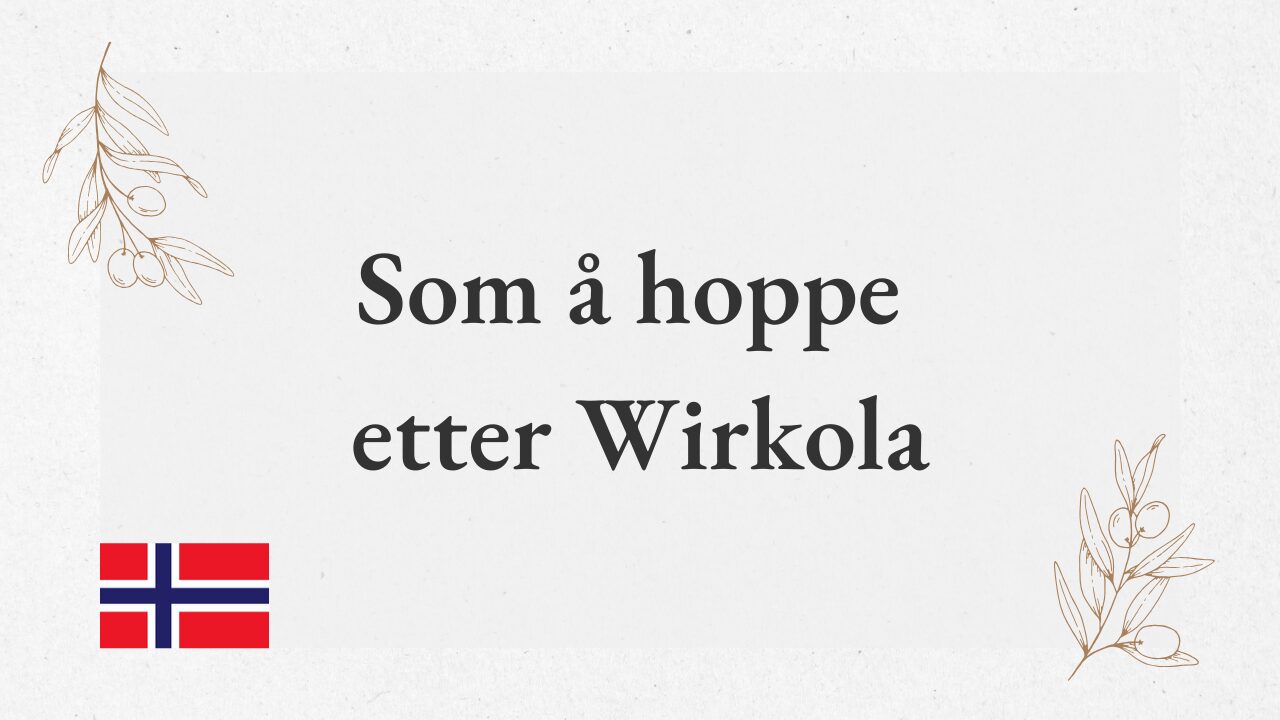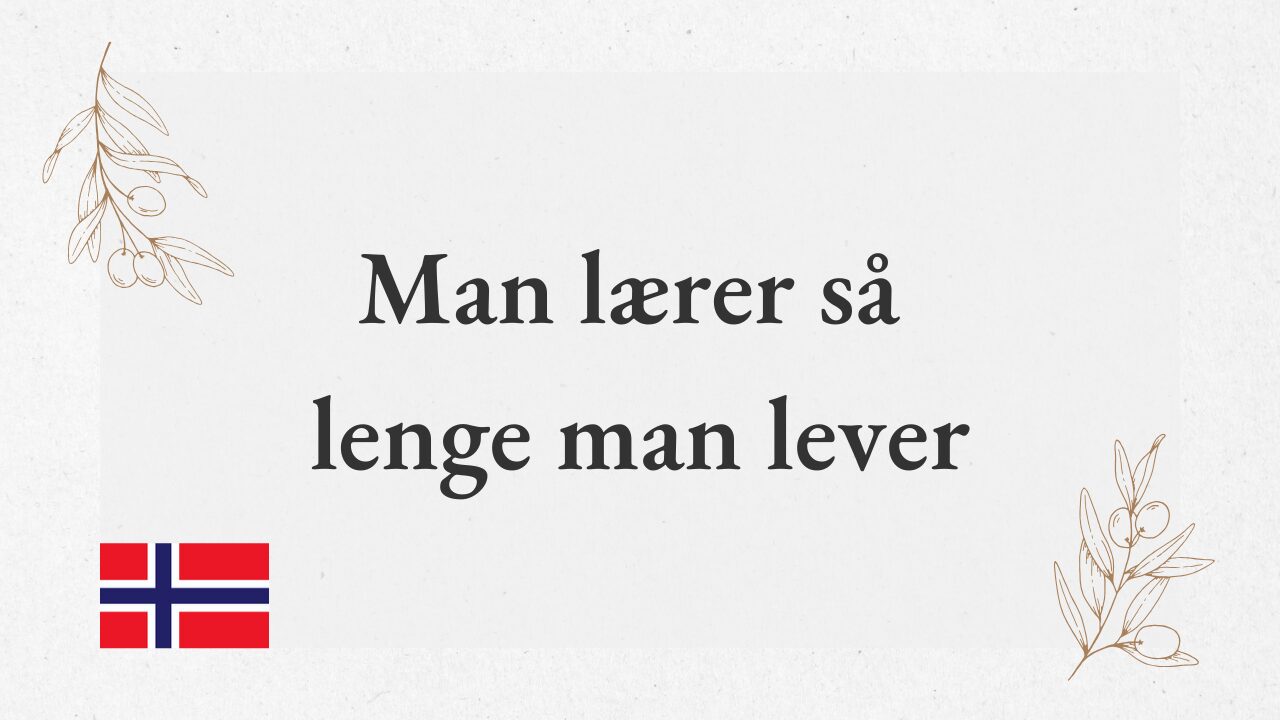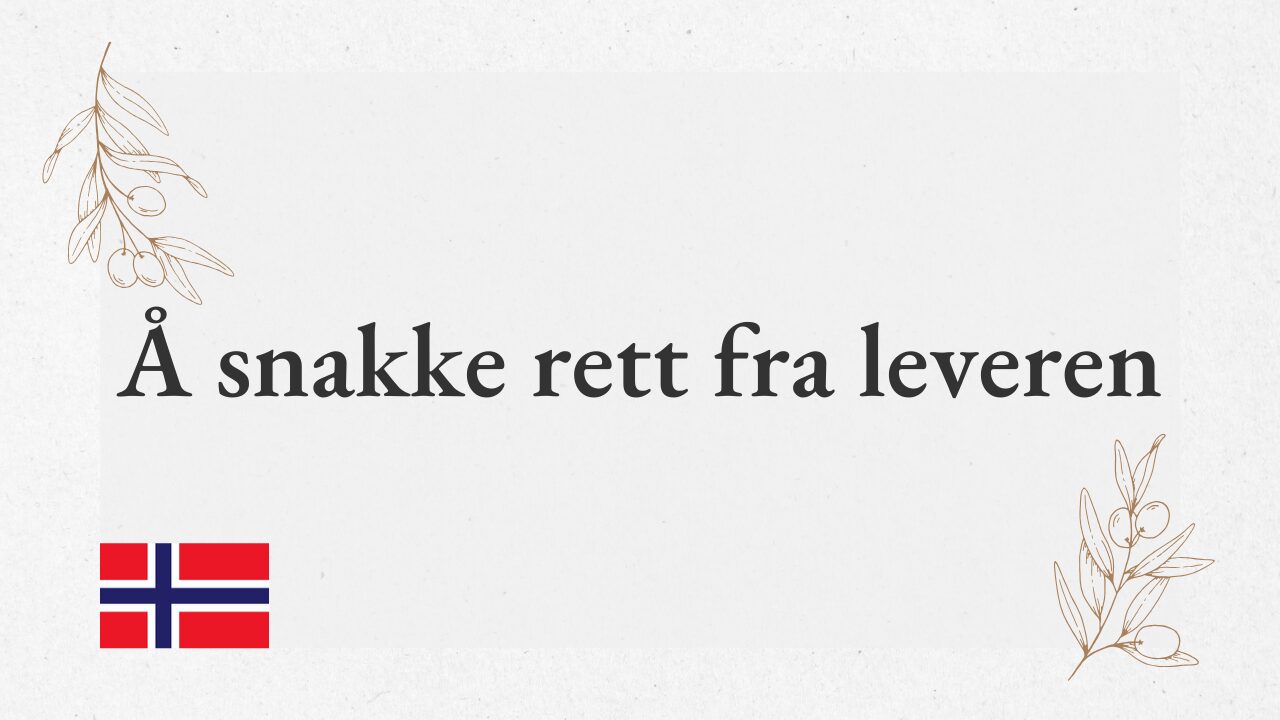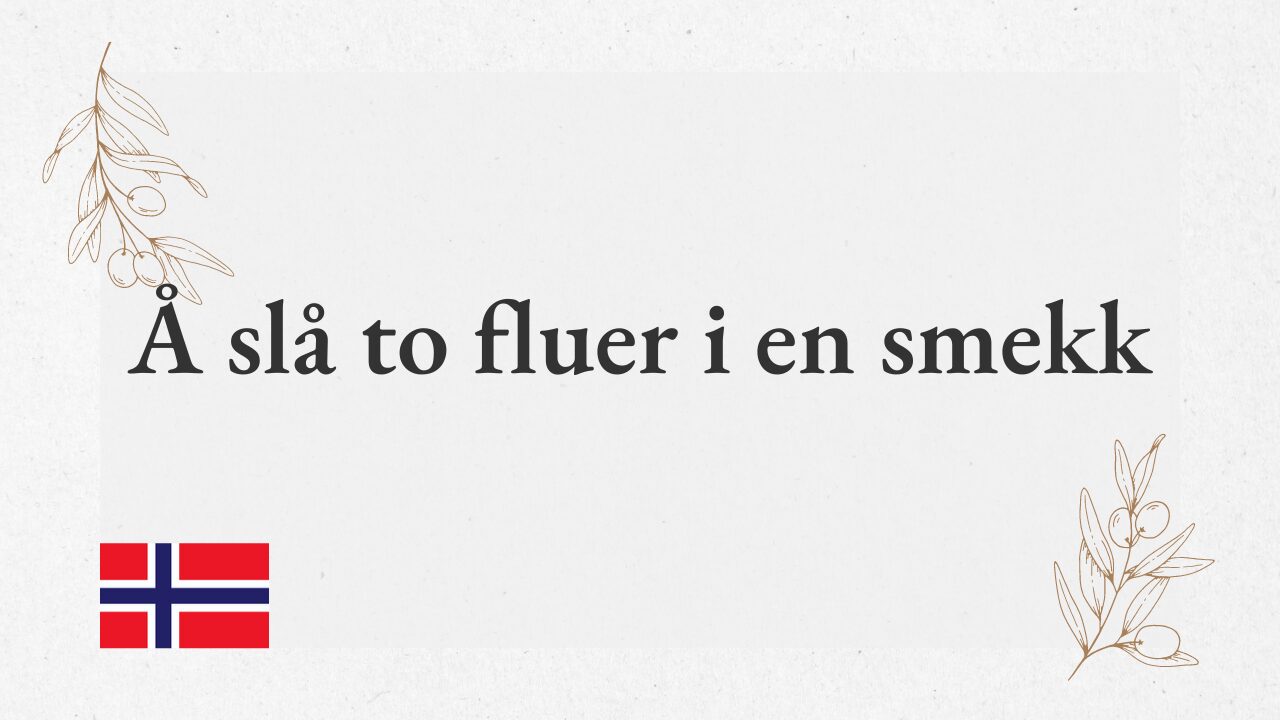“Rett skal være rett” – What is right must be right
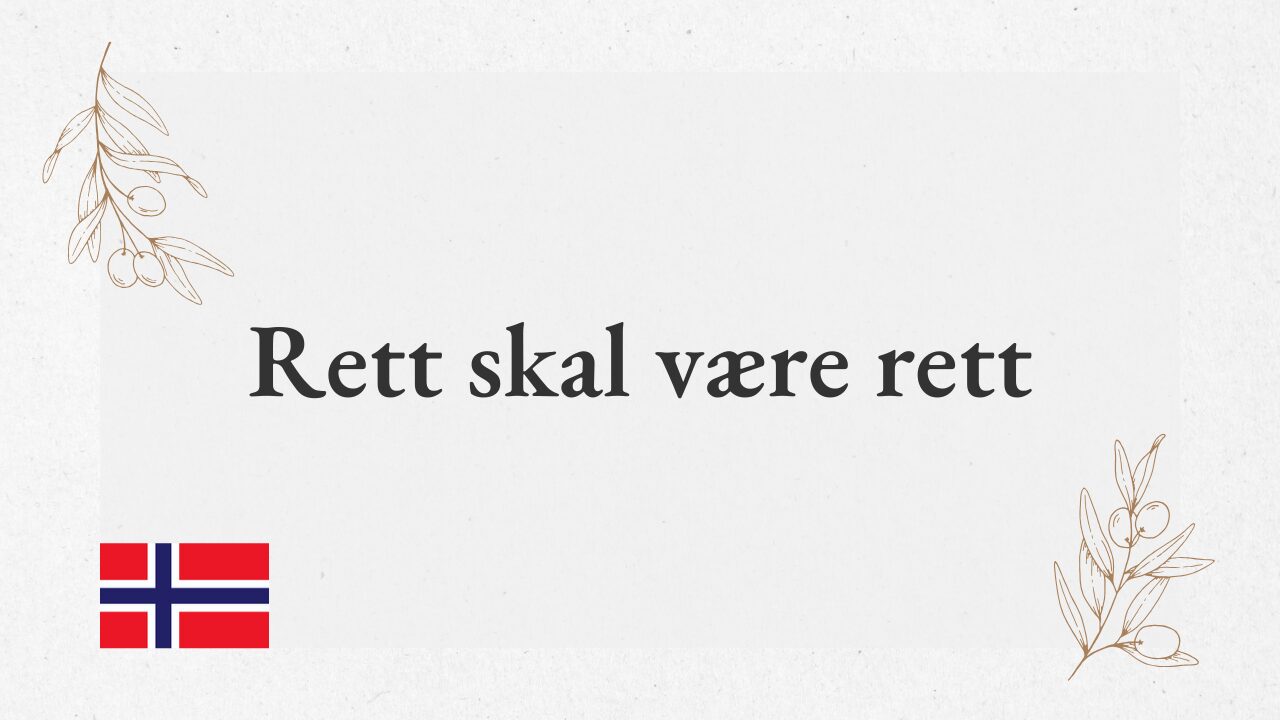
Meaning
“Rett skal være rett” means “What is right must be right” in Norwegian. This expression conveys the idea that things should be handled fairly, and that justice and equity must be upheld.
In situations where something unfair or unjust occurs, this saying is used to emphasize the need for proper and fair behavior. It reflects Norwegian culture’s emphasis on ethical conduct and social justice, serving as a reminder to uphold moral standards in daily life.
In English, similar expressions include “Justice must be served” and “Fair is fair,” both of which highlight the importance of ensuring fairness. In Japanese, there is a comparable saying: “正義は勝つ” (“Justice will prevail”), which conveys the shared value of wishing for things to be carried out fairly.
Origin
This proverb is deeply rooted in Norwegian culture, which has developed a strong sense of fairness and justice throughout its long history. From the days of an agricultural society to the present, Norwegians have valued equality and community bonds. In a harsh natural environment, survival depended on cooperation and adherence to fair agreements. As a result, the idea that things should be “right” or fair became a core societal value and naturally gave rise to this saying.
Moreover, the principle of fairness is reflected in Norway’s legal and political systems. “Rett skal være rett” goes beyond being a mere moral concept and has real influence on laws and social structures. For example, tax systems and welfare policies are designed with an emphasis on equity, aiming to treat all citizens fairly and equally. This societal emphasis on fairness has made “Rett skal være rett” an essential guideline used in many contexts to protect and uphold justice.
Conclusion
“Rett skal være rett” is a Norwegian proverb meaning “What is right must be right,” emphasizing the importance of acting fairly and justly. The expression is grounded in Norway’s cultural and historical emphasis on fairness.
When people encounter injustice or unfairness in society, they use this saying to advocate for the protection of justice and fairness.

